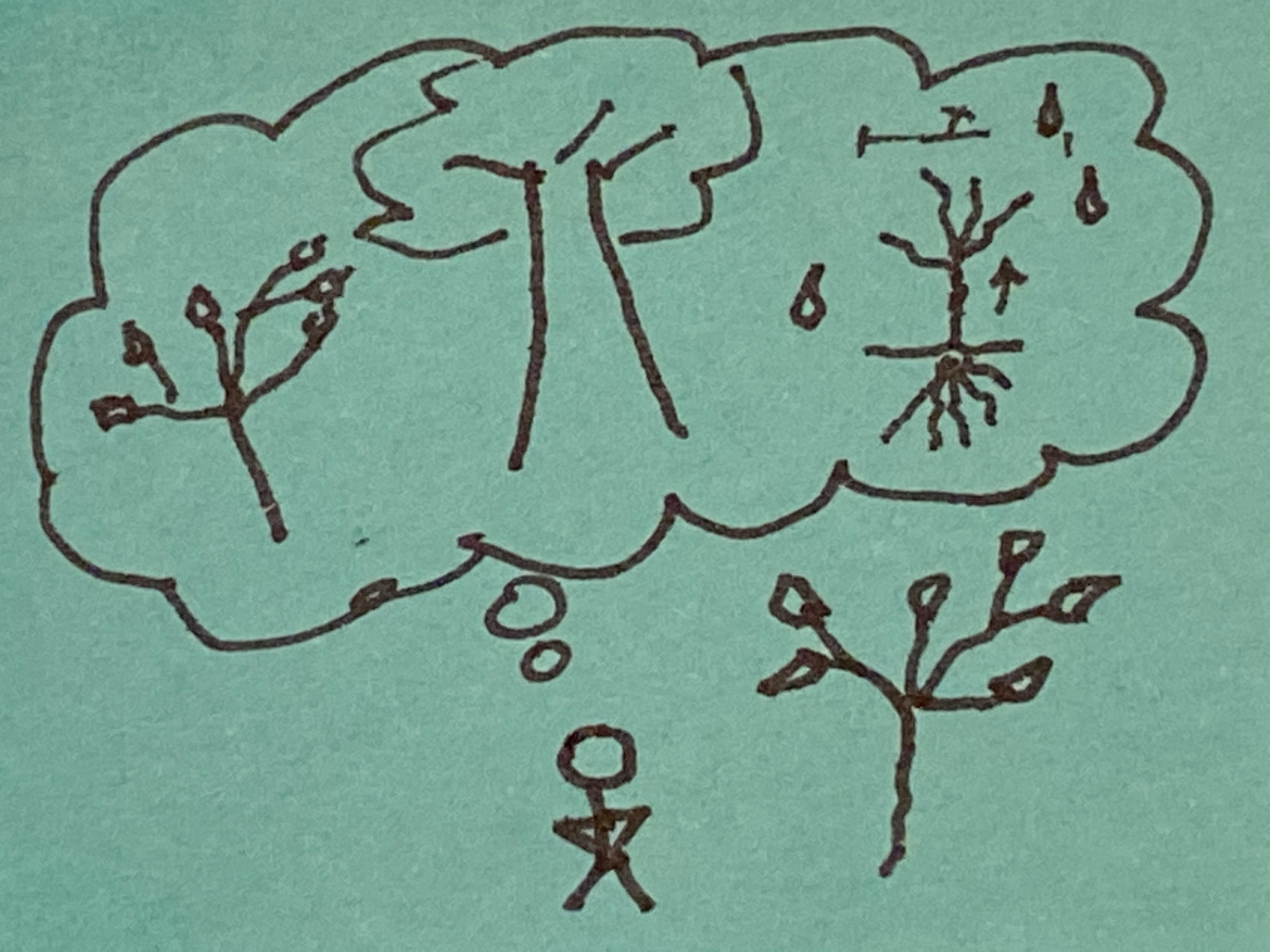Artist-Poet-Scientists
Develop our ability to be aware of the world, our inner world and the inner worlds of others.

in order to be effective at making sense of the world—Comprehensive Sensemakers—we need to be able to be aware of the world around us, and be open to the different kinds of information we have access to, both externally and internally.
Our only window to the world and Universe is through our senses, and most of the time, we’re barely paying any attention to them. We’ll need to use every bit of our sensory capacity if we hope to see the problems we face clearly and solve them intelligently.
-
While great works of art and poetry should be celebrated, it’s not the physical expression that makes a person an artist or a poet. Instead, it’s the clarity and intensity of their experience. They see the world with great depth, clarity, sensitivity and nuance. They feel it with great empathy, care and love. It’s that sentience of the world that makes you an artist or a poet, not the way you choose to express your experience.
-
We have the five senses that allow us to be aware of the world around us, but there is a great deal more than that going on. Our conscious mind receives that sensory information, if we’re paying attention, but it’s also being received by our implicit learning systems. That system communicates back to the conscious mind though feelings, also known as Felt Senses and emotions. In addition, we’re constantly picking up signals from other people about how their feeling or what they’re thinking, and our minds are busy interpreting that input as well. All of this combines into what we call our experience of the world.
-
There’s a lot of room for error in interpreting all of this sensory information, so science, at it’s core, attempts to test and clarify those interpretations. A scientific Experiment is, essentially, a controlled experience. We attempt the control all the factors that might affect something we want to observe, so we can test our assumptions and be more sure that our interpretation is correct. To be able to accurately sense the world around us, we have to have this idea in mind and do what we can to eliminate faulty assumptions through testing.
-
The more we can trust what our senses tell us, the more we can use that information to make sense of the world around us. We get our best information when we combine the information from all these sources and use them to error check each other. We’re at our best when our artist, poet and scientist work together.
Therefore:
However possible, develop your sensory capabilities, including your ability to be aware of the world around you, your inner world, and the inner worlds of others; deepen your caring by nurturing your empathy for others; learn to pay attention to your felt senses; blend your senses with sensemaking and apply the scientific method to your direct experience so you can perceive reality more fully and with greater precision and nuance. Use your increasing capacity as an artist-poet-scientist, and your ever-increasing body of rich, direct experience, to inform your comprehensive sensemaking.
A lot of the background processing of our senses is influenced by our previous experience and knowledge, and we can improve our senses by making our Personal Universe more accurate and integrated